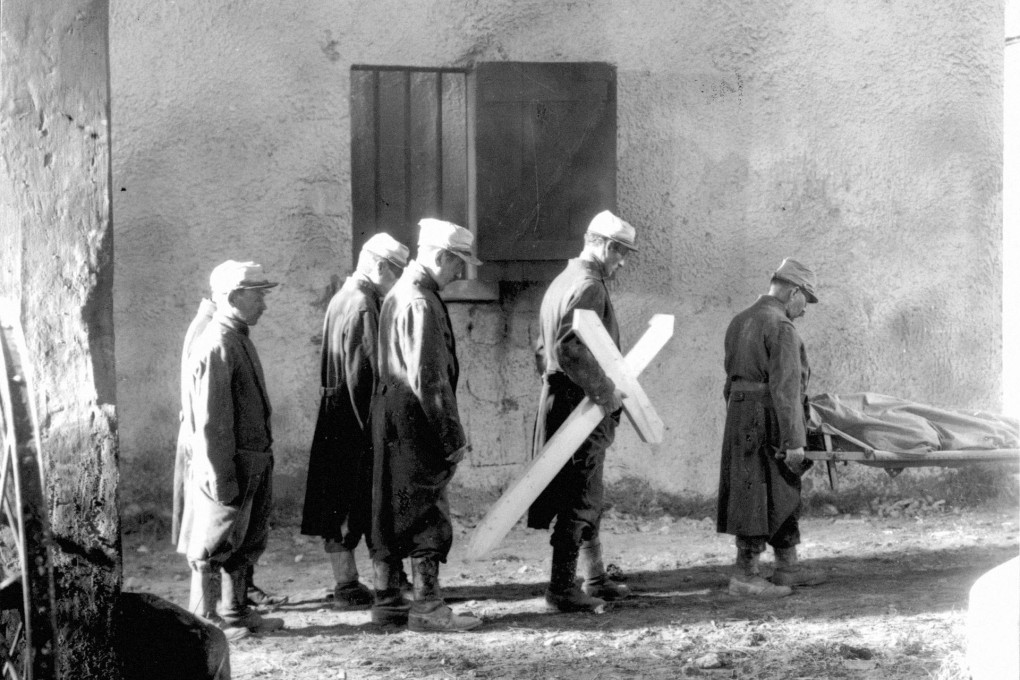Art house: Wooden Crosses is a little-known anti-war masterpiece

A cinematic side-effect of the centenary of the first world war has been a re-examination of war-themed film classics — some still famous, like All Quiet on the Western Front (1930), and others barely known to audiences even when they were new.
Among the latter is 1932's Wooden Crosses, a grim French drama set during the conflict's early stages. Actually, anti-drama would be a more apt term, for director-writer Raymond Bernard did his utmost to remove conventional histrionics and theatricality from his chronicle of trench warfare.
Idealistic intellectuals like the story's central character, Adjutant Gilbert Demachy (Pierre Blanchar), might have enlisted out of patriotism, but he and his comrades-in-arms soon learned that there was nothing romantic about the bloodbath into which they had been delivered. The film made palpable the claustrophobic conditions of the soldiers' cave-like existences, the tension and tedium caused by seemingly endless waiting, and the sheer terror unleashed by hails of machine gun bullets.
The infantrymen sing a rueful ditty noting their rewards are either " les croix de gu erre" (military honours in the shape of an iron cross) or " les croix de bois" (wooden crosses) marking their graves. The song is a droll counterpoint to Wooden Crosses' underlying thesis: that not only were many of the deaths preventable, but that an individual's demise ultimately had little effect on the outcome.
Based on a biographical account of life on the front line published in 1919, the film expresses the humanity of its characters. The black-and-white cinematography is impressive, possessing a raw realism that is still effective. Rather than take a strictly documentary approach, however, its director incorporated many poetic flourishes that fit in so seamlessly that there is never a hint of pretension.
Just how unconventional the movie is can be gleaned from a comparison with its Hollywood remake, The Road to Glory (1936). Co-written by no less a literary figure than William Faulkner, the adaptation shifted the focus from enlisted men, portrayed by a non-A-list cast, to officers played by Oscar winners Fredric March and Warner Baxter. And where Wooden Crosses contained no significant female roles, Hollywood further softened the narrative by introducing a love triangle between the two commanders and a beautiful nurse, who tended to the wounded in a low-cut, figure-enhancing uniform.